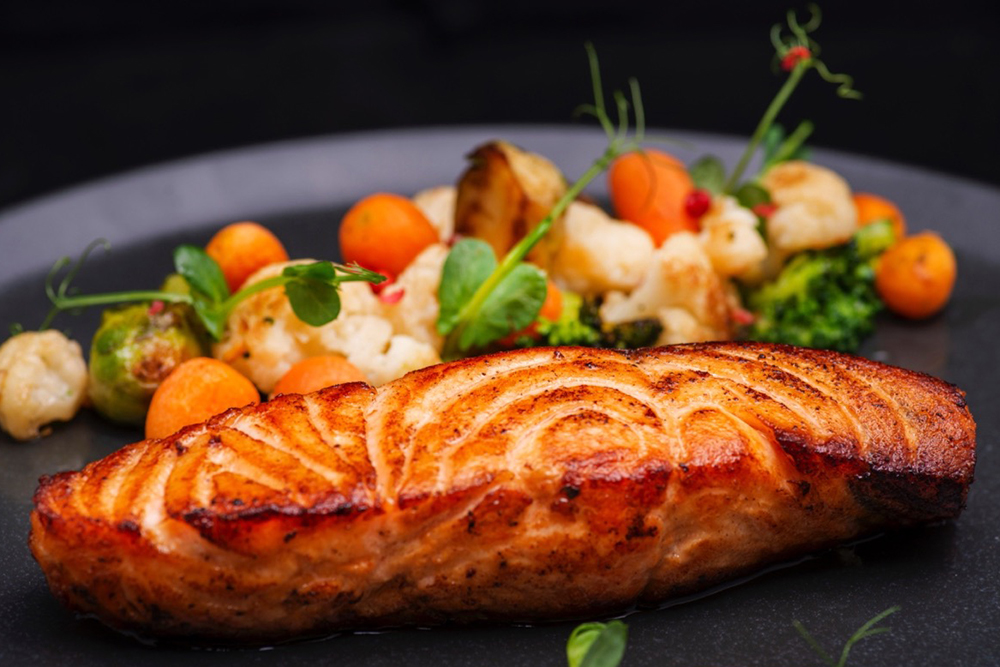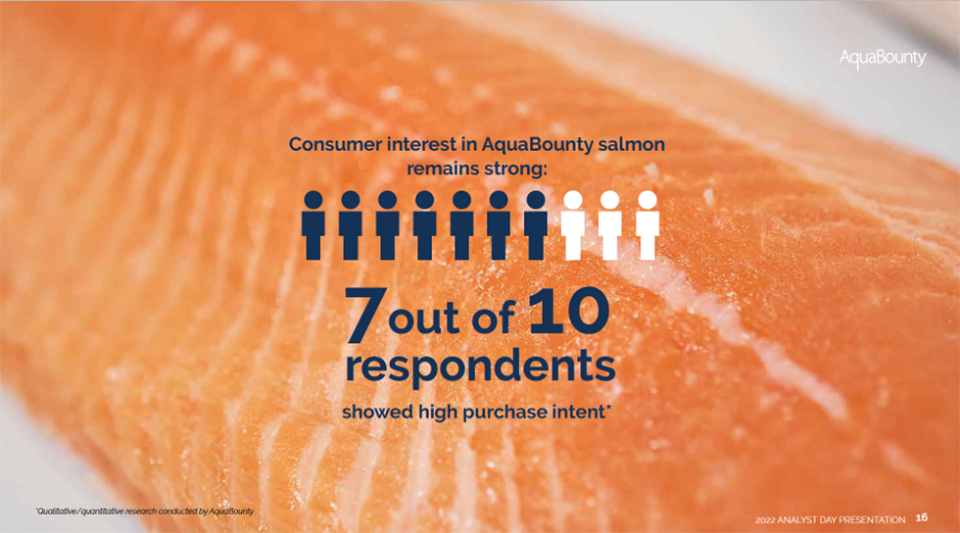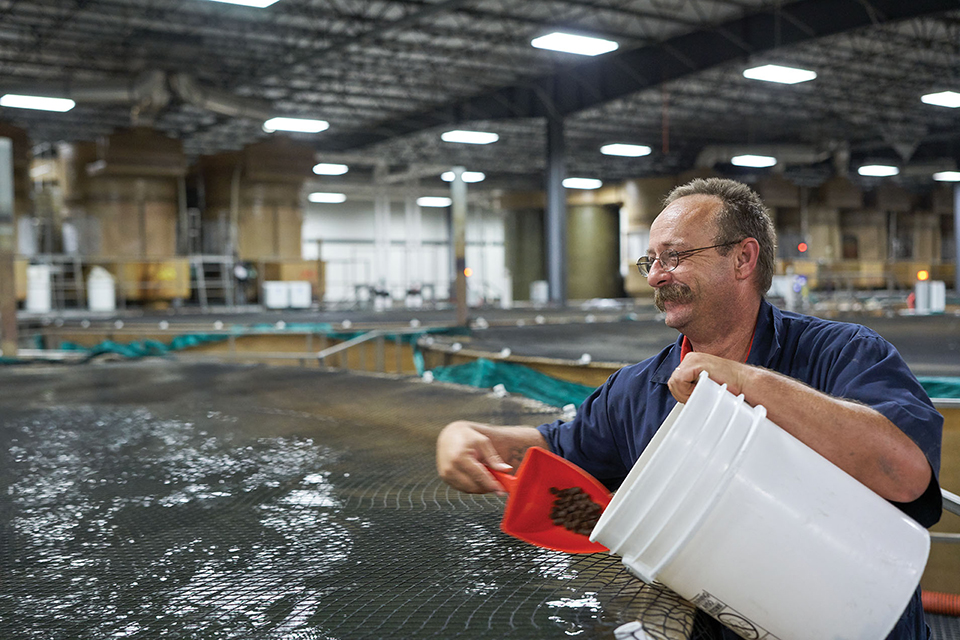A recent study suggests attitudes on GMOs are becoming more favorable, which is good news for biotech in aquaculture

Genetically modified foods have been available for nearly three decades since the U.S. Food and Drug Administration approved the first GMO tomato in 1994. A wave of GMO (genetically modified organisms) produce followed in the 1990s, including squash, soybeans, cotton, corn, papayas, potatoes and canola. AquaBounty Salmon, which was genetically engineered one time 30 years ago for efficiency and sustainability, was approved by the FDA in 2015, by Health Canada in 2016 and by Brazil’s National Biosafety Technical Commission in 2021.
International and national institutions – such as the World Health Organization and the Food and Agricultural Organization of the United Nations – developed international guidelines and standards to ensure the safety of genetically modified foods, but despite the scientific consensus on their safety, public acceptance continues to be an issue as some organic food marketers fuel GMO myths on everything from safety to corporate conspiracy theories.
A new study published in the peer-reviewed journal GM Crops & Food by Evanega, et al (2022) looked at thousands of traditional media and social media posts over a three-year period. It found that public opinion toward genetically modified food is increasingly favorable, particularly in traditional media, but also in social media where the debate has lost fervor in recent years. Consumers are getting the message that GMOs are safe and have benefits for a sustainable food supply.
Study methodology and findings
The research by Evanega et al (2022) looked at more than 100,000 English-language online and print articles and more than 1.7 million social media posts over a three-year period from January 2018 to December 2020. The authors found that the volume of coverage on GMOs in traditional media more than tripled during this period, while the volume of interactions on GMOs on social media moved in the opposite direction – declining 82 percent.
The study, believed to be the first comprehensive survey of the shifting traditional and online media discourse on GMOs during this time, found that traditional media tended to be somewhat more positive in their coverage in the first two years examined, but the gap disappeared in 2020. It found that both traditional and social media saw trends toward increasing favorability, with the positive trend especially robust in social media.

Sound nutrition and sustainability
It may be that public knowledge and awareness of the safety and benefits of GMOs are gradually catching up with the consensus in the scientific community. Many organizations, such as the Alliance for Science out of Cornell University, have been working diligently to dispel myths about GMOs.
It’s also been a focus at AquaBounty as we share science-based information on how our delicious and nutritious salmon, raised sustainably on land-based farms in the heart of the Midwest and in Canada, helps increase the domestic supply of lean protein in a way that doesn’t harm species diversity or stress-sensitive ocean habitat. AquaBounty’s own proprietary research conducted this year (2022) demonstrates the increasingly favorable perception of genetically modified food. Seven out of 10 people surveyed indicated they would purchase AquaBounty Salmon.
But efforts to educate the public about the safety and benefits of genetically modified foods can’t let up, as the authors of the study Evanega, et al (2022) note: “Despite these encouraging results, it is clear that the scientific community still faces major communications challenges in addressing gaps between traditional and social media debates and the actual scientific consensus around the safety and desirability of agricultural biotechnology.”
Nonetheless, a trend toward a less polarized GMO debate is good news for the future of biotechnology in aquaculture.
Author
-

AquaBounty
https://aquabounty.com
Tagged With
Related Posts

From Our Sponsors
AquaBounty’s climate-smart aquaculture helps fish flourish
With optimal water controls, AquaBounty’s state-of-the-art, land-based salmon farms offer several environmental advantages amid climate change risks.

From Our Sponsors
Biotechnology advances aquaculture and preserves species diversity
Biotechnology, as used in AquaBounty Atlantic salmon, can protect species diversity and improve the productivity of aquaculture.

